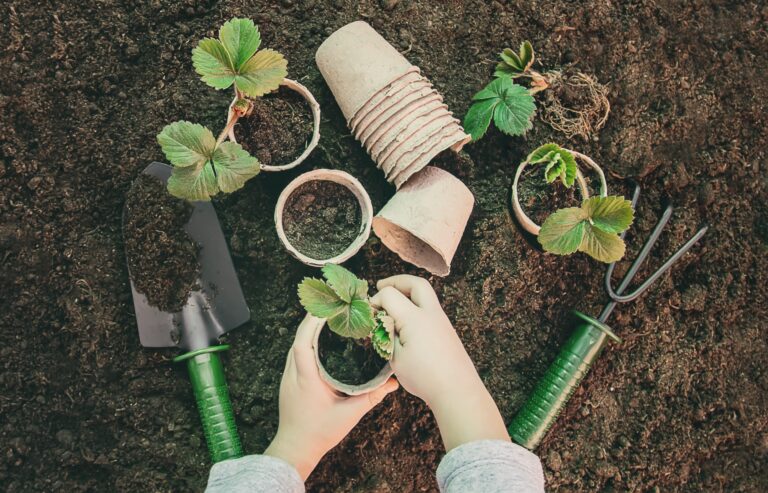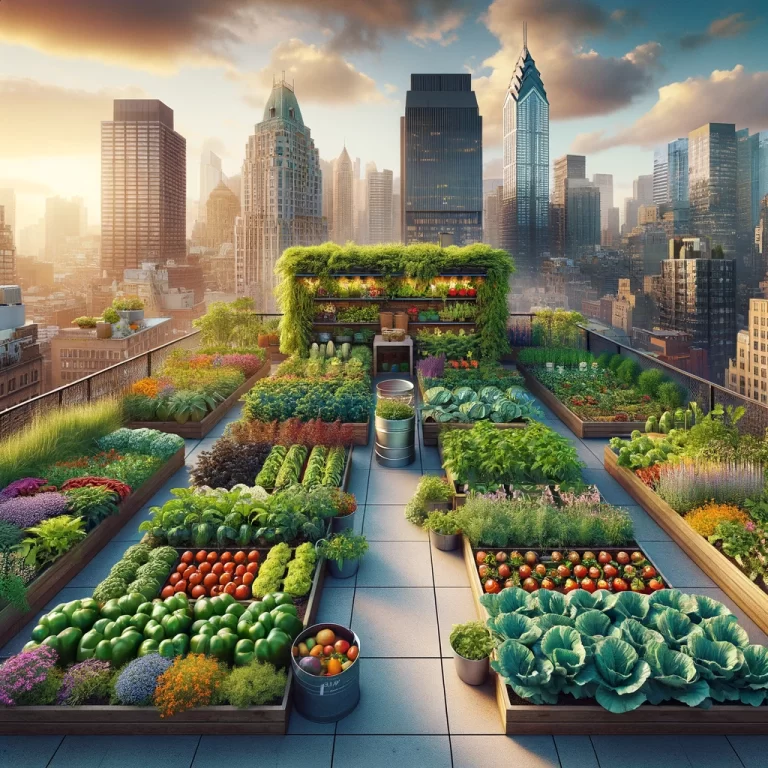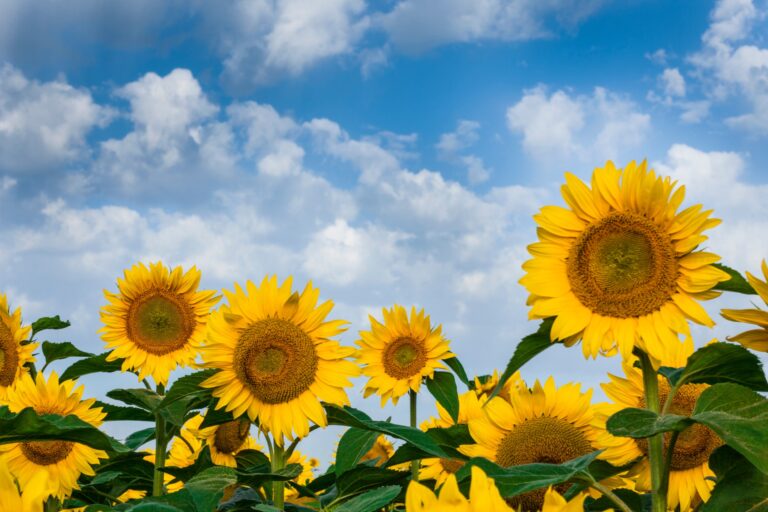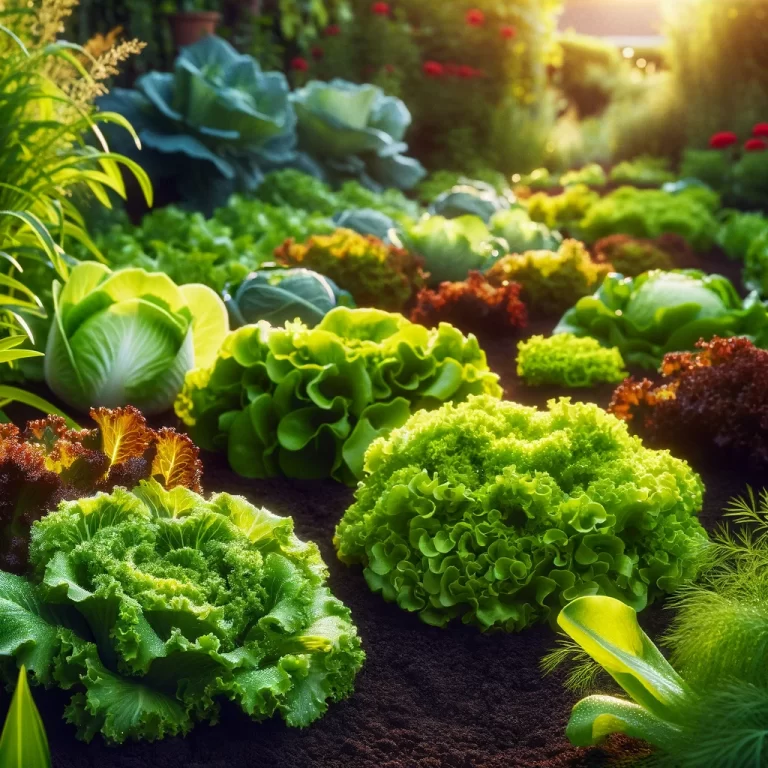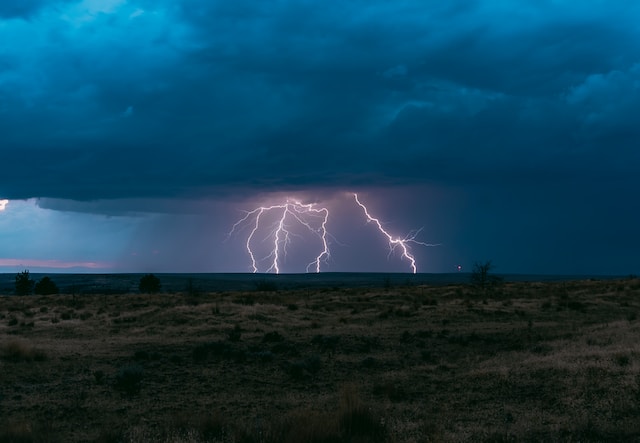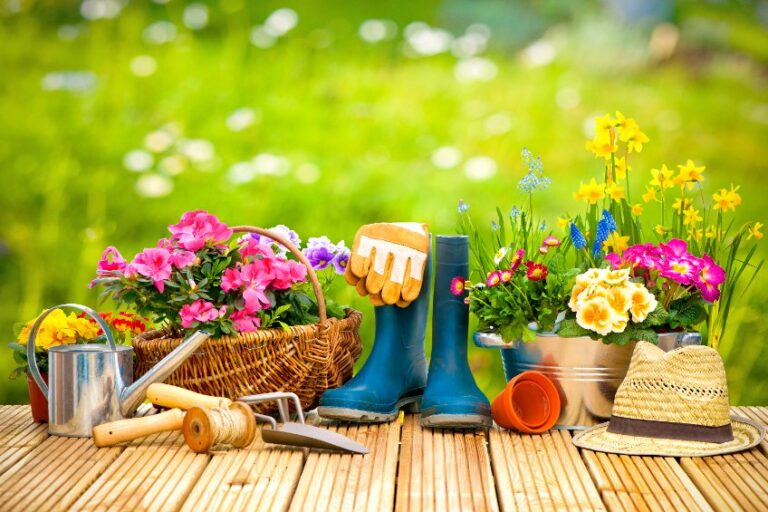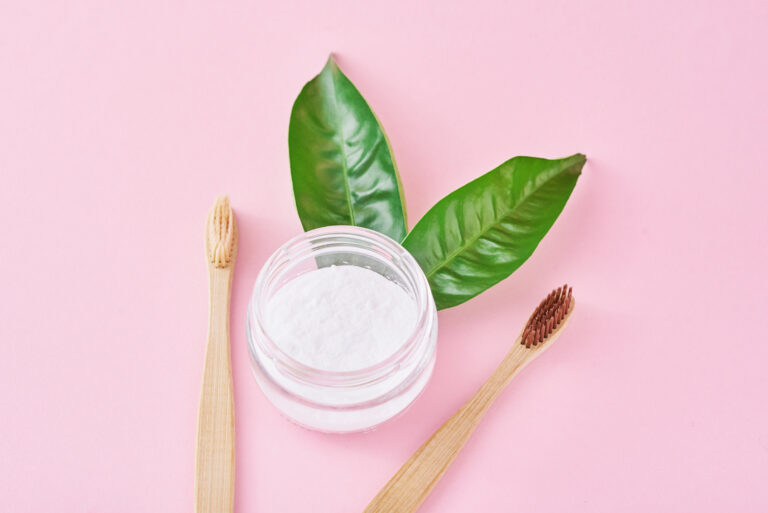In today’s world, the importance of sustainable living has never been more pronounced. As we face environmental challenges, the concept of eco-friendly and economical gardening practices has emerged as a beacon of hope for both our planet and our pockets. Here’s a look at 10 sustainable gardening hacks that not only contribute to a greener…
gardening tips
The Green Gold Rush: Uncovering the Lucrative Secrets of Urban Gardening
In the heart of our concrete jungles, a green revolution is unfolding. Urban gardening, once a mere hobby for city dwellers, has transformed into a burgeoning movement with the potential to reshape our communities and economies. Dubbed the “Green Gold Rush,” this trend is not only beautifying our urban landscapes but also revealing a plethora…
When Should I Transplant Sunflower Seedlings?
In the world of gardening, sunflowers stand tall as symbols of happiness and resilience, drawing both seasoned gardeners and beginners to their sun-seeking blooms. With the growing trend towards sustainable living and the joy of home gardening, understanding the nuances of growing sunflowers, particularly when to transplant sunflower seedlings, has never been more relevant. This…
Lettuce – Key Growing and Transplanting Information
Lettuce is a staple in salads and sandwiches, and its popularity continues to rise as people seek healthy, fresh, and locally sourced food options. With an increasing interest in home gardening and sustainable agriculture, understanding the nuances of growing lettuce, when to transplant lettuce seedlings, and more are potentially critical. Here’s an overview of the…
Electroculture Gardening: Innovative Techniques for Enhancing Plant Growth
I don’t know exactly what I thought of upon hearing the term “electroculture gardening.” Nevertheless, it excited me. It has hints of raves and EDM, parties in deserts and forests, and a celebration of nature as culture. It’s something more technological – the application of electricity to create plant growth. It’s an interesting thing to…
6 Gardening Tips For Beginners
If you are new to gardening, it can be difficult to know where to start. There are so many things to consider – what type of plants will grow well in your climate, what tools do you need, and how often should you water your plants? No need to worry, we’ve got you covered with…
8 Uses of Baking Soda in Gardening
Baking soda is one of the most amazing, affordable products available to us. Hopefully, you’re already using baking soda for cleaning throughout your home. If not, then you’re spending more money than you should on household cleaners. And today let’s talk about how baking soda’s benefits don’t stop there. There are so many uses of…
